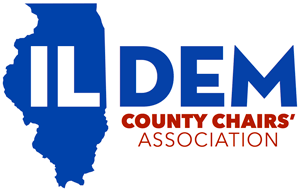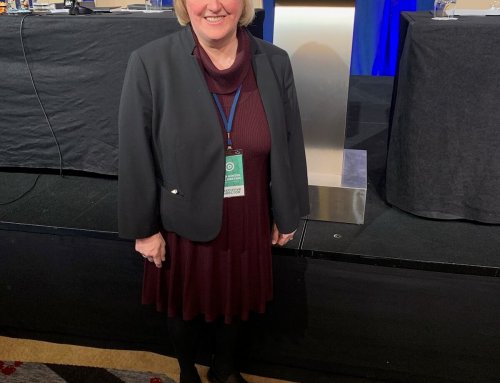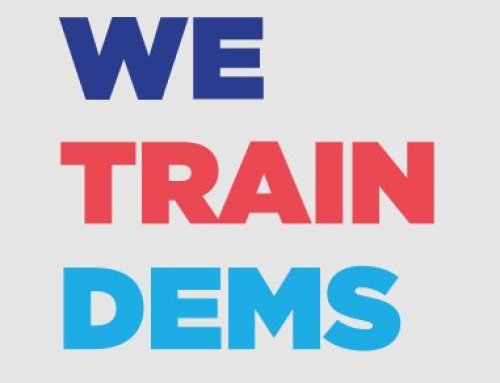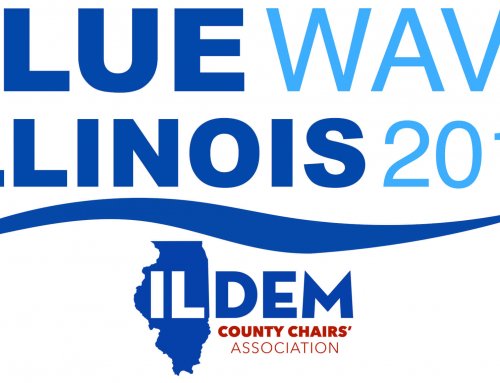CANDIDATE PETITIONS, SIMPLE TIPS TO GET IT RIGHT
by Jillian Hawkins, Assistant Executive Director
@ILDCCA
Collecting signatures for a candidate’s petitions is one of the most important steps in any campaign. Without the correct number of signatures from the registered voters in the district, the candidate cannot make it onto the ballot. Illinois has some of the most complex ballot access laws in the country, so IDCCA has put together some of the most important Do’s and Don’ts for petition gathering.
“Circulator” – the volunteer or candidate passing nominating petitions for signatures
- Must be 18 years old, or 18 by the date of the General Election;
- Must be a US Citizen;
- May only pass petitions for 1 political party;
- Must personally witness all signatures on the petition; and
- Must complete the circulator statement (bottom of petition) before you start passing petitions but do not sign the petition until you are in front of a notary.
“Signer”
- Signer MUST be a registered voter in the district;
- Signer may NOT sign on behalf of someone else;
- Signer may NOT sign petitions for candidates of more than one political party in the same election (for example: signing for both a Democratic candidate and a Republican candidate)
- Signer MAY sign petitions for as many candidates of the same political party as they desire (for example: Biden/Sanders/Warren/Harris)
DO:
- Keep the petitions in a safe, dry place
- Sign your own petition (if you live in the district, you can be a signer and circulator)
- Know how many valid signatures you need for your district (see the County Clerk for a signature requirement)
- Plan on getting more than the required number of signatures
- Help a signer with any info on the petition sheet except the signature
- Track how many signatures are valid (by checking them against a voter database such as Votebuilder, the State Board of Elections, or the County Clerk’s list.)
DO NOT:
- Let the Notary be a signer or circulator (they should only sign in the Notary section)
- Number the petitions until you are ready to file
- Sign any petitions of a different political party
Most Challenges come from:
- Signer not registered to vote
- Signer doesn’t live at the address listed
- Signer doesn’t live in the district
- Signer information incomplete
- Signer’s signature not genuine
- Circulator didn’t complete the bottom section
- Notary didn’t sign/stamp
Any one of these issues can result in a challenge to the petitions. It is best to plan on getting at least double the required number of signatures as a precaution if the petitions are challenged.
Petitions may be circulated September 3rd to December 2nd.
Nominating papers may be filed with the appropriate election authority November 25th to December 2nd. Nominating papers include Statement of Candidacy, Statement of Economic Interest, & numbered and notarized Petition Sheets.
If you are looking to get involved to pass petitions, please contact your County Party today! Good luck to each of you, and let’s get as many Democrats on the ballot as possible.
Important note: While Assistant Executive Director Jillian Hawkins has significant years of campaign experience, she is not an attorney. If you have specific legal questions regarding petitions, the IDCCA encourages you to seek legal counsel.


























